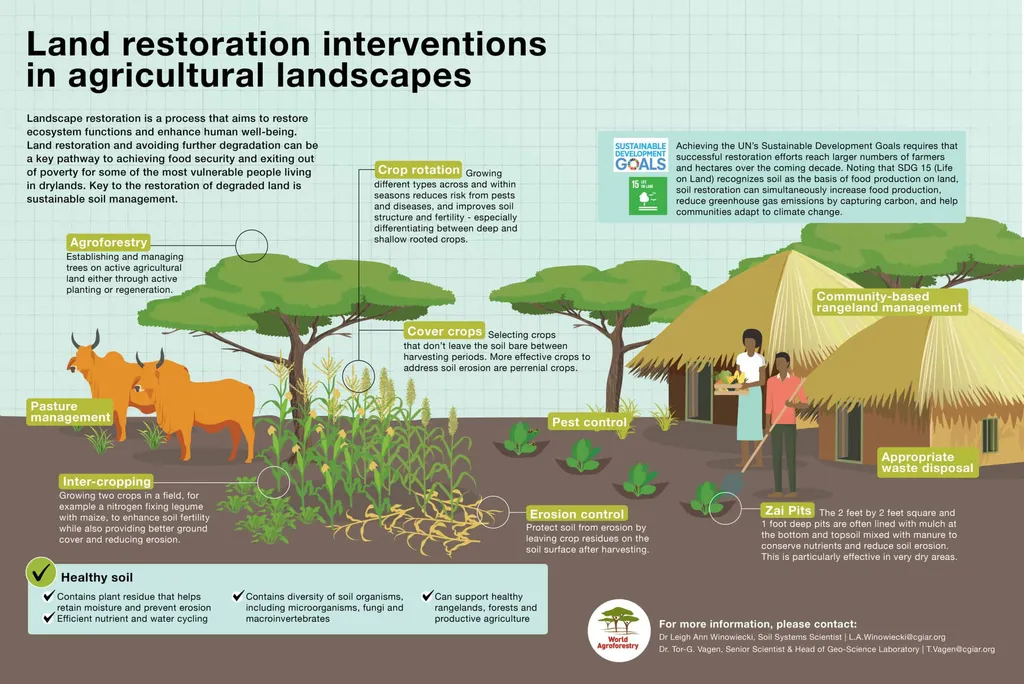In the heart of Italy’s rural landscapes, a silent crisis is unfolding—land degradation is creeping in, threatening the very foundation of agriculture and livelihoods. But a beacon of hope has emerged from the University of Padova, where Federica D’Acunto, a researcher from the Department of Land, Environment, Agriculture and Forestry, has pioneered a groundbreaking framework to combat this issue. Published in the journal ‘Remote Sensing’ (translated to English as ‘Distant Observation’), D’Acunto’s work introduces RURALIS, a multi-model framework that harnesses the power of remote sensing to assess and address land degradation in rural areas.
Land degradation is a complex puzzle, with pieces that vary from one rural area to another. It’s a context-specific phenomenon that has long challenged scientists and policymakers alike. “The absence of standardized methodologies has limited our ability to compare results and implement coherent mitigation strategies,” D’Acunto explains. “RURALIS changes that.”
RURALIS is not just another model; it’s a symphony of three existing models, each bringing its unique strengths to the table. By adopting a model-learning approach, RURALIS creates a harmonious blend of outputs, which are then analyzed using a Random Forest classifier. This sophisticated tool identifies areas of severe degradation, providing a clear, high-resolution picture of the problem.
The results are staggering. RURALIS reveals that approximately 2.34 million hectares—13.6% of Italy’s rural lands—are severely degraded. Hotspots have been identified in northern Puglia, Sicilia, and parts of northern Italy. But RURALIS is more than just a diagnostic tool; it’s a decision-ready framework that delivers spatially detailed outputs, empowering rural land managers to take action.
The implications for the energy sector are profound. As the world shifts towards renewable energy, the demand for land suitable for bioenergy crops and other energy-related infrastructure is on the rise. RURALIS can guide this transition, ensuring that land use decisions are informed and sustainable. “This framework is a game-changer,” says D’Acunto. “It provides a flexible, high-resolution tool that can shape the future of rural land management.”
The potential of RURALIS extends far beyond Italy’s borders. As a standardized methodology, it can be adapted and applied to rural areas worldwide, fostering a global effort to combat land degradation. This research is not just a step forward; it’s a leap towards a more sustainable future.
In the ever-evolving landscape of agritech, RURALIS stands as a testament to the power of innovation. It’s a tool that can shape policies, guide investments, and ultimately, protect the rural areas that are the backbone of our agricultural and energy systems. As we look to the future, RURALIS offers a beacon of hope, a tool that can help us navigate the complex challenges of land degradation and pave the way for a more sustainable world.

